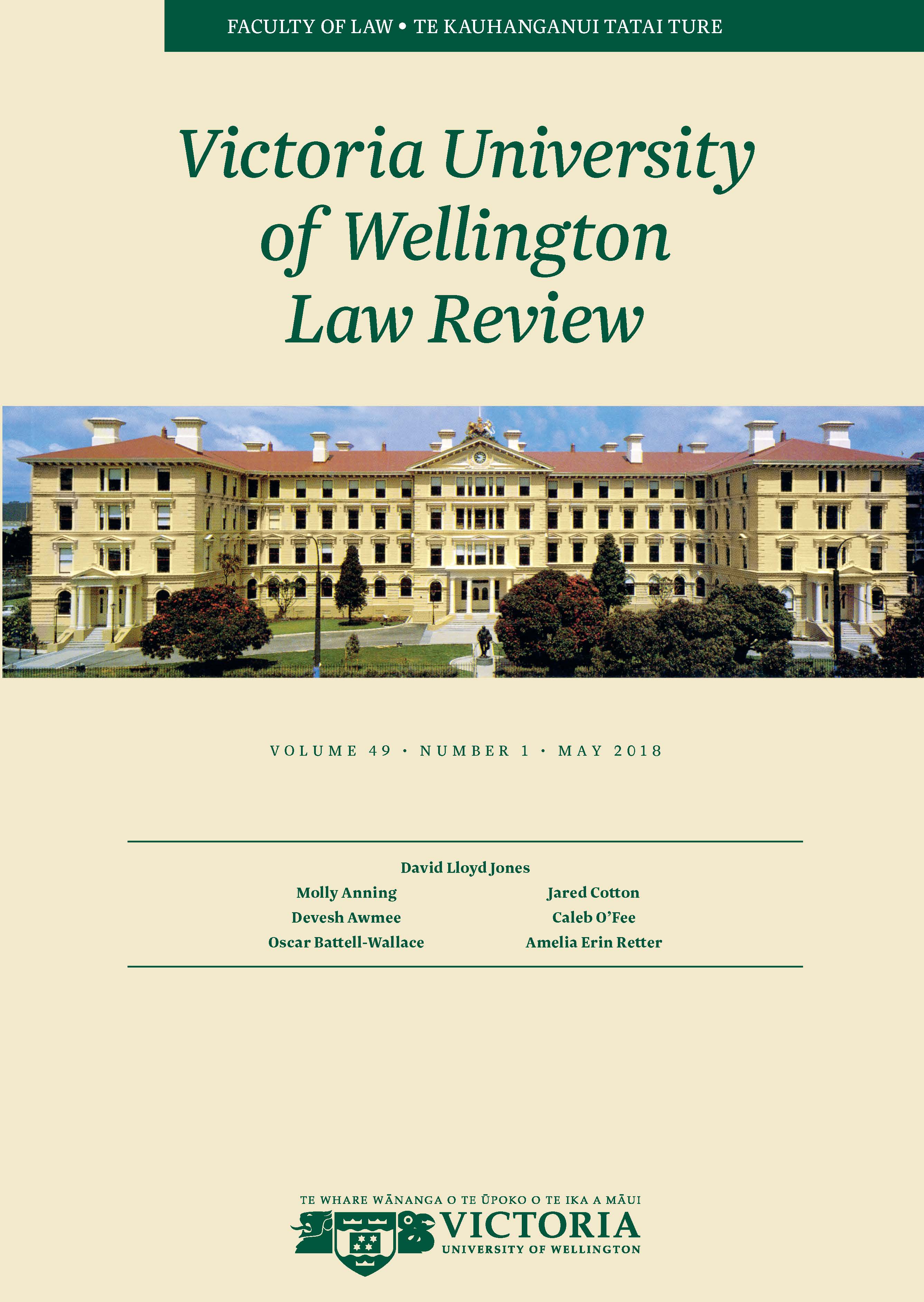"Pay for Delay": Legitimate Conduct to Defend Valid Patent Rights or Anticompetitive Behaviour?
DOI:
https://doi.org/10.26686/vuwlr.v49i1.5310Abstract
Originator and generic drug manufacturers frequently settle patent litigation on terms that include a payment to the generic manufacturer in return for the generic to delay entry into the market. These reverse-payment settlements extend the originator's market exclusivity and can amount to anticompetitive divisions of the market. Proponents of such settlements emphasise the reverse-payment as a legitimate business response to the risks associated with litigation. While reverse-payment settlements have raised considerable debate in the pharmaceutical field in both the United States and the European Union, competition authorities in New Zealand are yet to address this issue. Against this background, this article seeks to analyse the compatibility of such settlements with New Zealand competition law, in particular with ss 27 and 36 of the Commerce Act 1986. Given the diversity of such agreements, it is unclear whether New Zealand competition law is adequate to curtail reverse-payment settlements.
Downloads
Downloads
Published
How to Cite
Issue
Section
License
Authors retain copyright in their work published in the Victoria University of Wellington Law Review.


